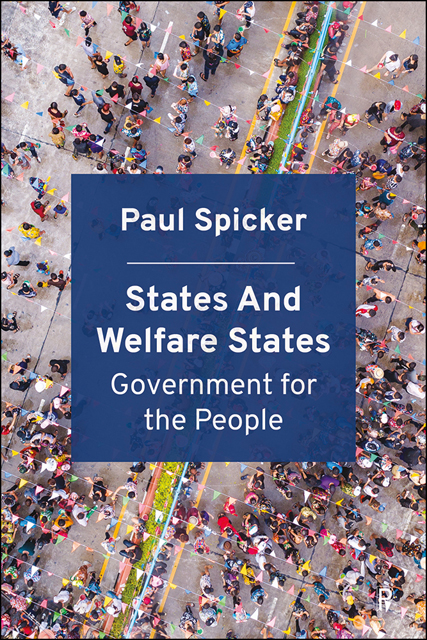11 - The duties of a government
Published online by Cambridge University Press: 20 June 2023
Summary
Summary
Governments have a wide range of responsibilities, and a general duty to work for the benefit of their populations. Most countries in the world either accept that principle explicitly, or at least behave as if they accept it. However, the general duty is subject to some qualifications. Governments do not have either the authority or the capacity to do whatever they think fit. The good state is not a minimal one, but nor is it unfettered. Its role has to be negotiated with a range of actors, some of whom will be within the society they serve, some who may be beyond it. And because the powers that a government wields can be abused, they have to be subject to limits. That calls for a degree of accountability and the rule of law.
Salus populi suprema lex esto is a very old idea: ‘let the welfare of the people be the highest law’. The phrase in that form probably originates with Cicero. Hobbes and Locke dropped the last word, esto, so that the principle became salus populi suprema lex, that the welfare of the people is the highest law. (The Latin word ‘salus’ can mean safety, health or well-being: Hobbes and Locke both made it clear that they were referring to the general welfare.) The principle was at times presented, in 17th-century Britain, as a licence to bypass the civil law – whether that licence was for a sovereign, or the people rebelling against a sovereign. The welfare of the people could be taken as a way of legitimising anything that looks like a good idea. Locke also seems to treat the people’s welfare as a justification for overriding other inconvenient rules:
Salus populi suprema lex is certainly so just and fundamental a rule, that he who sincerely follows it cannot dangerously err. … Whatsoever cannot but be acknowledged to be of advantage to the society and people in general, upon just and lasting measures, will always, when done, justify itself.
Although the argument of this book takes a somewhat less arbitrary interpretation of the ‘welfare of the people’ than Locke does, there could still be difficulties in taking the phrase too literally.
- Type
- Chapter
- Information
- States and Welfare StatesGovernment for the People, pp. 143 - 151Publisher: Bristol University PressPrint publication year: 2022



